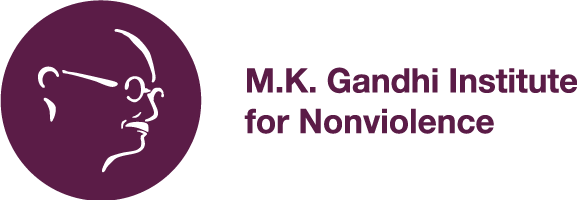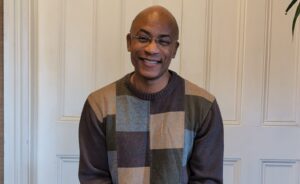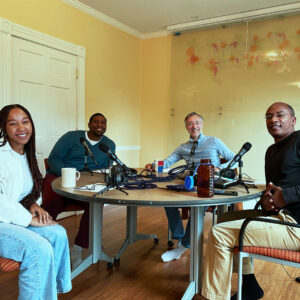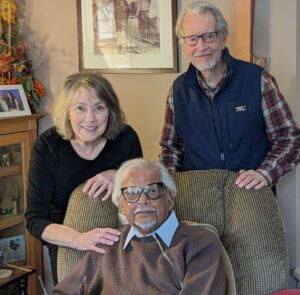The Cycle of Hatred: A Workshop with the Gandhi Institute
by Jeneé Skinner, first-term AmeriCorps member serving at MCC Upward Bound
On Sunday November 20th, the Gandhi Institute held a workshop called “Let’s Talk About Hate”. The discussion included what each individual who came wanted to get out of the meeting, how hatred is defined, and what medicines can be used against it. Most of us in attendance wanted to know how to treat the hatred we witness and experience in our individual communities. There were many one on one and small group chats where people’s thoughts and frustrations came out.
A major topic was the 2016 presidential election where hatred was described as a visceral experience where an individual acts, behaves, and speaks impulsively. There is also a hatred born from an engrained social structure that doesn’t allow acceptance, change, or diversity. The host and director of the Gandhi Institute, Kit Miller, described this public hatred as often circulating around a figurehead, instead addressing the original issues at hand such as conflict resolution, eliminating warfare, and equal rights without discrimination to minorities in the United States. The group talked about the need to think about the step after activist activities such as protesting in order for movements for social change to really take place.
Another interesting point that was brought is the economics of hatred, especially self-hatred. Living in a capitalist society, a lot of social media and advertising make materials equivalent to self-worth. Kit elaborated the comment on economics by saying superficial gain is a bottomless well because there always more stuff to buy and if individual’s base their sense of self and security on it, they will never be content with the life they have.
I found this extremely relevant to areas of my own life and the world around me especially with the holidays looming. There is always a quality or lack thereof that someone else has what another person does not, and that doesn’t need to reflect badly on either person. Even though many of us know that, we struggle to accept that concept. I appreciated that there was a disclaimer that this meeting was not meant to provide a quick fix but to ensure our awareness of the basis of societal issues and brainstorm ways to deal with them in everyday life.
Providing specific examples of ways to treat hatred was the hardest section of the discussion. This in part was because treating it requires leadership in ways my group members and I weren’t used to handling or even describing. What was a realistic step we could take in our lives to treat some of the hatred around us? We discussed how we address family, co-workers, students, and strangers in their opinions and lifestyle. The conclusion we came to is that listening without judgment to what’s going on in their lives and from their perspectives is often the best thing to do. Other groups came up with creating spaces for joy, beginning conversations on race and gender in safe spaces like the local library, finding resources and educating others about them, and producing a television show with the priority of how to handle conflict.
For me, the workshop in itself was a way to combat hatred in our community because it forced many of us in attendance to look internally as much as we do externally about how we hate, respond to hate, and what we can learn from the hatred we’ve witnessed.



